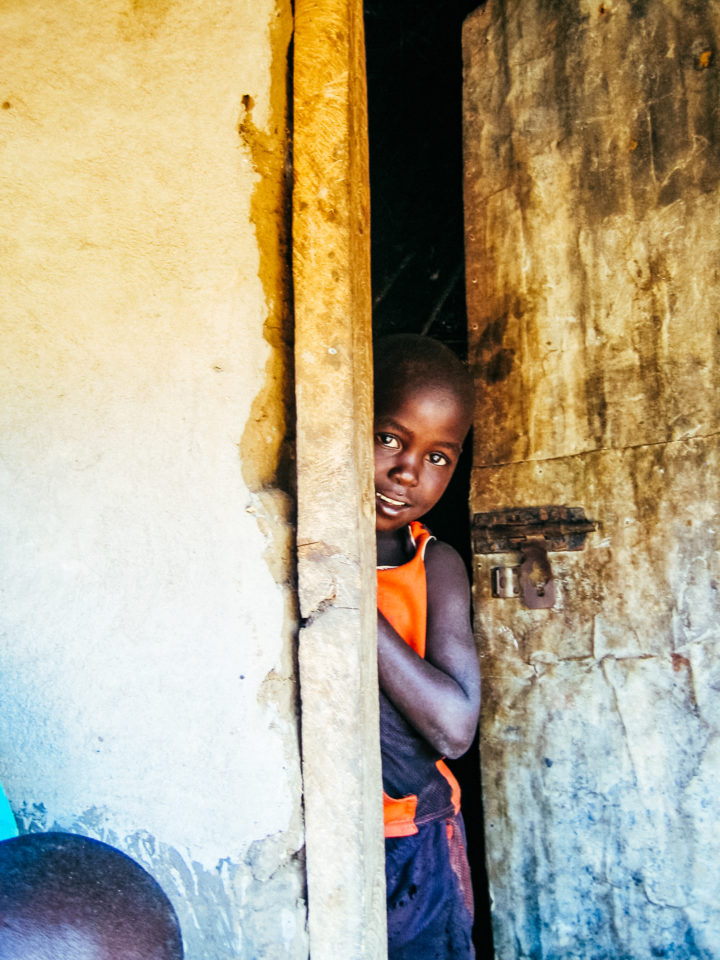The Family-Encouragement-Program FEP

Originally, the FEP was added as a supplement to the children’s homes. Today, the FEP is the most important branch of GHU. In Africa, orphans are usually taken in by their relatives. Depending on the situation, most of these children and adolescents do well in the enlarged families and are treated almost like a normal family member. Sometimes, however, they are just tolerated, have to work a lot, might not be able to go to school and are misused as cheap labor.
This is where the FEP comes in: It supports grandmothers, older brothers or sisters who have taken in a related child. It relieves them of the additional financial burden of paying for school fees or medical care.
The foster family receives material support (such as staple foods like a sack of corn) that benefits the entire extended family.
So the FEP is doing everything in its power to financially and ideologically support those families who take in an additional child from their relatives. GHU invites the caregivers («guardians»), often uncles, aunts or grandparents, to regular meetings where they learn more about topics such as hygiene, education, AIDS, illness or career choice questions. The goal is to strengthen the caregivers and honor their work. The FEP also monitors the development of each child by visiting regularly.
Constantly reviewing a child’s wellbeing is a big and challenging job. Since most of the children are underage, this also includes securing their rights. Often it is about land that they inherited and whose ownership has to be protected.